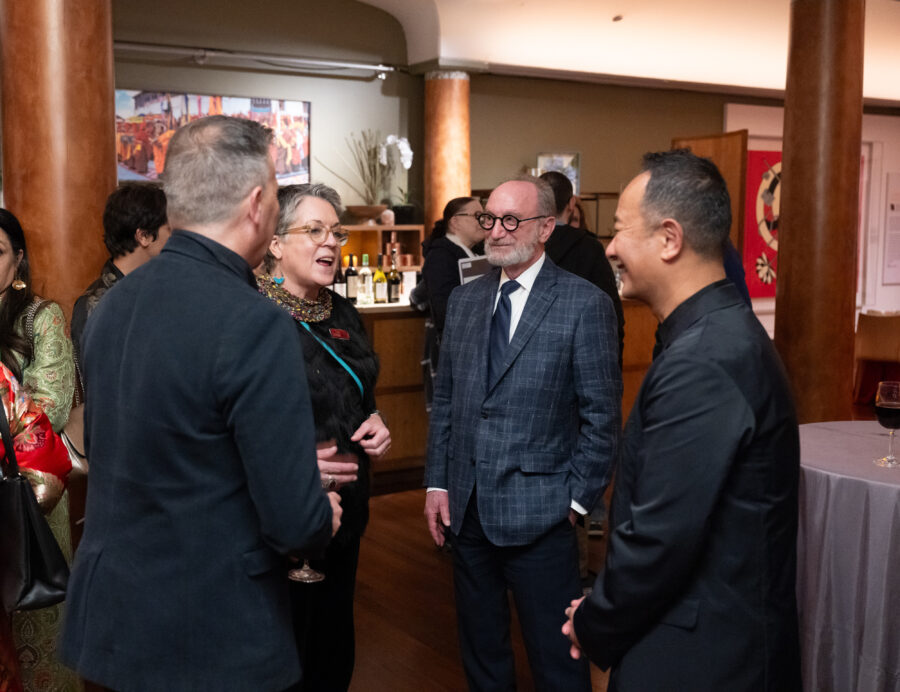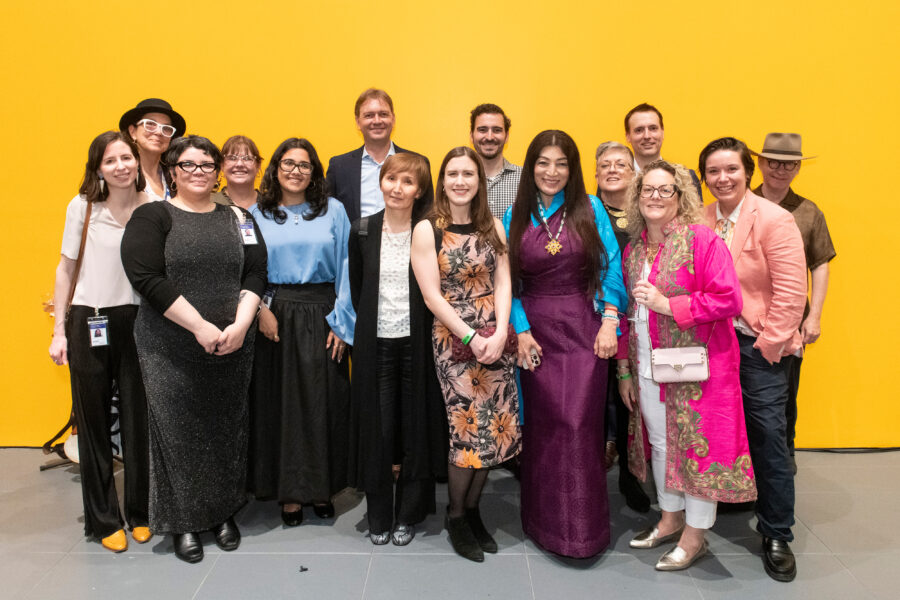The work of the Rubin Museum of Himalayan Art is made possible by a group of dedicated individuals who guide and support our mission to promote the art and cultures of the greater Himalayan region.
Our team is composed of passionate professionals, esteemed trustees, and advisors committed to fostering a deeper understanding and appreciation of these rich cultural traditions. Explore the diverse backgrounds and expertise of those who drive the Rubin forward.

